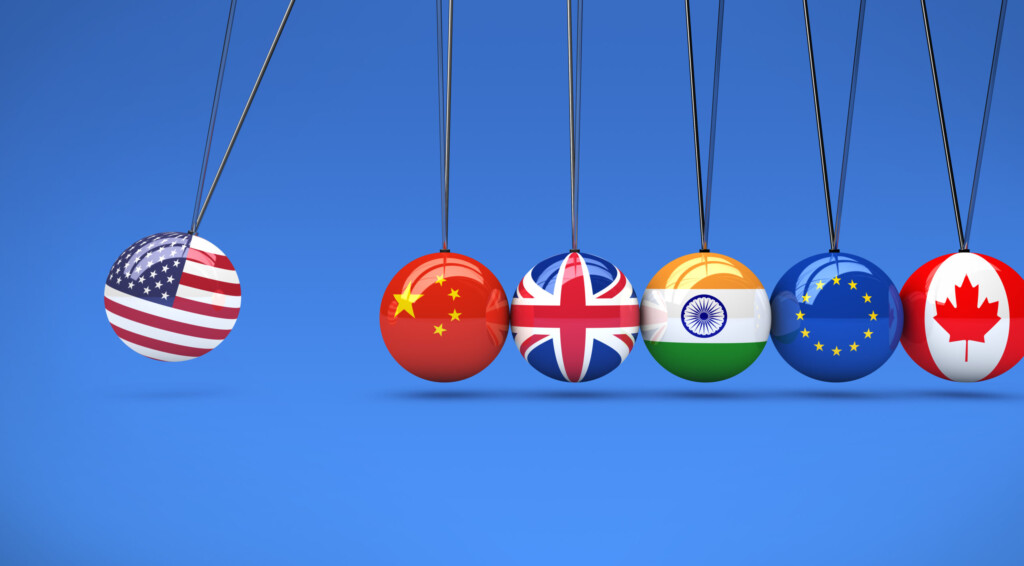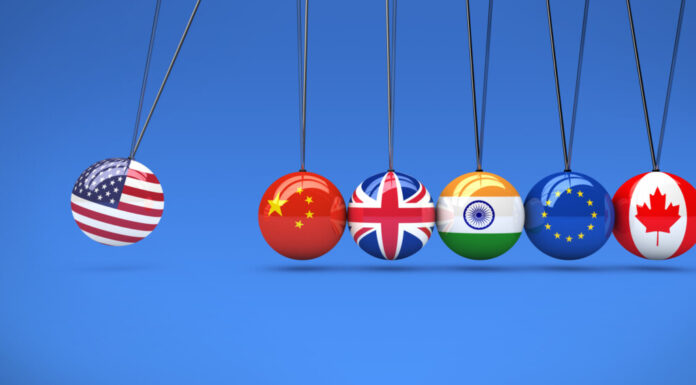Amid the countless geopolitical issues, many economic and political trends are developing in the realm of international affairs. Even though one might deem the trends as irrelevant, other superpowers’ maneuvers to utilize the trends to maximize their geopolitical power will affect American foreign policymaking. Specifically, these trends come through de-dollarization and intensified competition for allies.
BRICS & De-Dollarization
In 2001, while serving as the head of global economic research at Goldman Sachs, James O’Neill coined the acronym BRIC, standing for Brazil, Russia, India, and China. Specifically, BRIC refers to the four fastest-growing emerging economies. In 2010, BRICS was established as an intergovernmental organization comprising the same four BRIC countries along with South Africa. Currently, BRICS’ role in the global economy is still limited to the production of strategic raw materials, as the coalition led by the United States continues to dominate the global financial system.
Therefore, BRICS countries have been pursuing a wide range of initiatives to decrease their dependence on the US dollar (de-dollarization). By shifting away from the US dollar, BRICS countries are engaging in a process called de-dollarization.
Due to experiencing sanctions for its war in Ukraine, Russia has been championing de-dollarization to alleviate the burden of sanctions. In addition, China has expressed support for Russia in the desire to reduce the dollar’s influence and control over the global financial system. The main reason for BRICS and Global South countries’ criticism against the dominant US dollar is due to their inability to make their own settlements and payments in their own currencies, given the current rules of foreign exchange and credit markets.
Overall, BRICS’ primary objective is to overcome the G7’s dominance over global finance and bolster the Global South’s socio-economic development and economic influence.
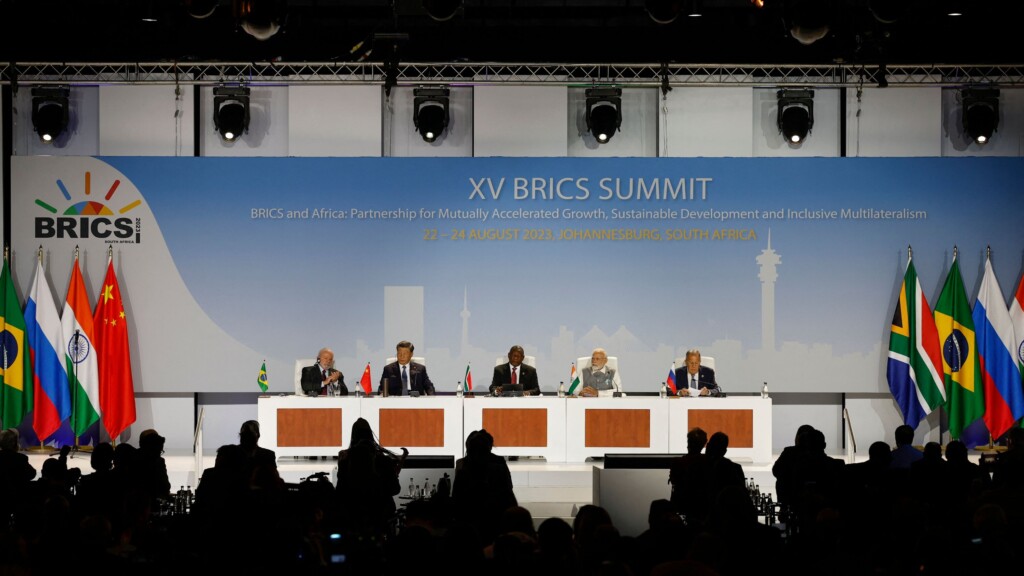
However, BRICS has encountered a roadblock: adopting a single currency like the Euro. This would prove difficult as BRICS would need to agree to an exchange rate mechanism and create efficient payment systems and a stable financial market. Furthermore, BRICS countries do not want to discontinue their local currencies and adopt a single one, minimizing the prospect of emulating the Euro.
The 2023 BRICS Summit included an invitation to 67 countries and a series of complaints against the West’s handling of international crises. This summit also highlighted the growing power of the Global South in calling for transparent, inclusive, and multilateral cooperation among nations of varying powers.
The expansion of BRICS signifies an increasing alignment of geopolitical and economic agendas. For instance, major global oil producers are developing the International North-South Transport Corridor, while powerful African nations are inviting their neighbors to promote integration and development through the African Continental Free Trade Area.
However, BRICS is not necessarily an anti-American or anti-Western organization. Rather, BRICS is seeking to expand cooperation that does not involve the participation of Western powers. In general, BRICS’s platform has been centered on increasing economic and political influence for the Global South.
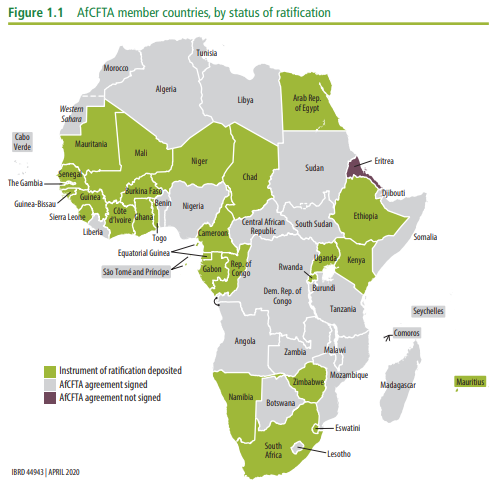
Competition for Allies (Focus on Latin America & Caribbean)
As of 2021, China was the second largest trading partner with Latin America and the Caribbean, racking 21% of total exports and responsible for 15% of the region’s imports. However, for Brazil, Chile, and Ecuador, China has surpassed the US as their largest trading partner. In addition, China is currently outperforming the US in infrastructure and communications through expanding their state-owned businesses into the region.
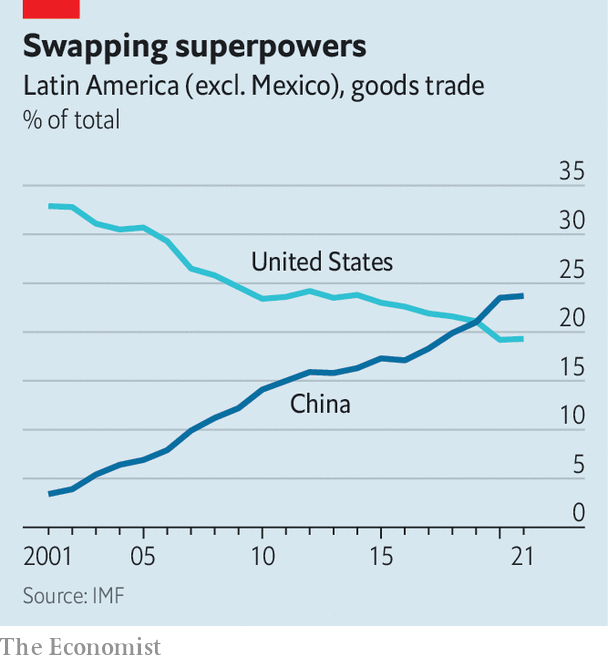
“Policymakers in Washington can hardly afford to rest on their laurels. In the space of 20 years, China has catapulted from a marginal player in LAC (Latin America & Caribbean) to a dominant force and major influence in the region.” – Center for Strategic and International Studies (CSIS)
According to the CSIS, China’s approach to Latin America can be divided into three phases: opening to the region, investment boom and reinforcing of Chinese policy, and strategic drive through the Belt & Road Initiative.
The first phase is driven by Chinese demand for resources, ranging from oils to minerals. The second phase began with Xi Jinping’s ascension to power in 2013, as Chinese policy banks started to invest in LAC through infrastructure. China’s investment led to several authoritarian regimes like Venezuela and Ecuador to strengthen economic cooperation with Beijing.
Through the Belt & Road Initiative (BRI) and stronger ties, China seeks to reorient Latin America’s view on Taiwan. In exchange for support, China promised infrastructure funds. For instance, China promised $5 billion to support Panama’s construction of a railroad between Panama City and Costa Rica, in exchange for Panama’s elimination of recognition for Taiwan.
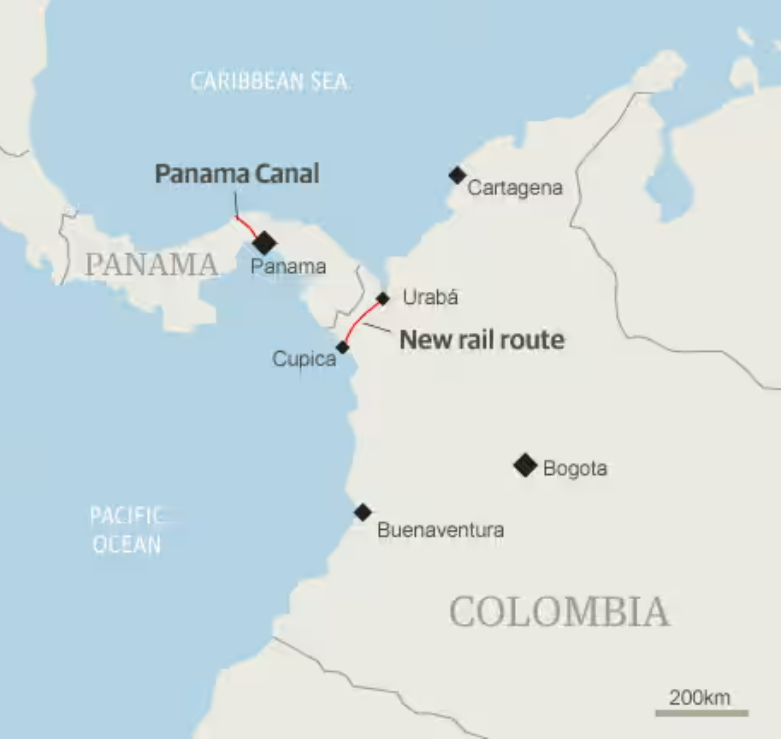
Recommended Response
Improve Economic & Diplomatic Strategies in Relations to China
In October 2023, the Brookings Foreign Policy Project convened a group of policy experts to examine and propose how the US should manage its economic relationships with China.
The first proposal argues for targeting China’s tactics rather than its growth. This proposal concludes that it is not China’s economic growth that threatens US national security, but the autocratic objectives to facilitate growth. Therefore, the US is advised to combine long-term optimism and short-term realism. The reason is that if the US does not make a distinction between focusing on countering Chinese growth and tactics, America’s sense of urgency would severely decline.
Another proposal asserts that the US must methodically address China’s geopolitical and economic ambitions. This proposal calls for the US to not hastily risk armed conflict over Taiwan due to its negative implications for the American reputation before the international stage and the indirect shifting of Chinese citizens’ view of their government. In addition, if the US enters a conflict with Taiwan, both the American and Chinese economies will suffer tremendously, hindering the global economy’s function.
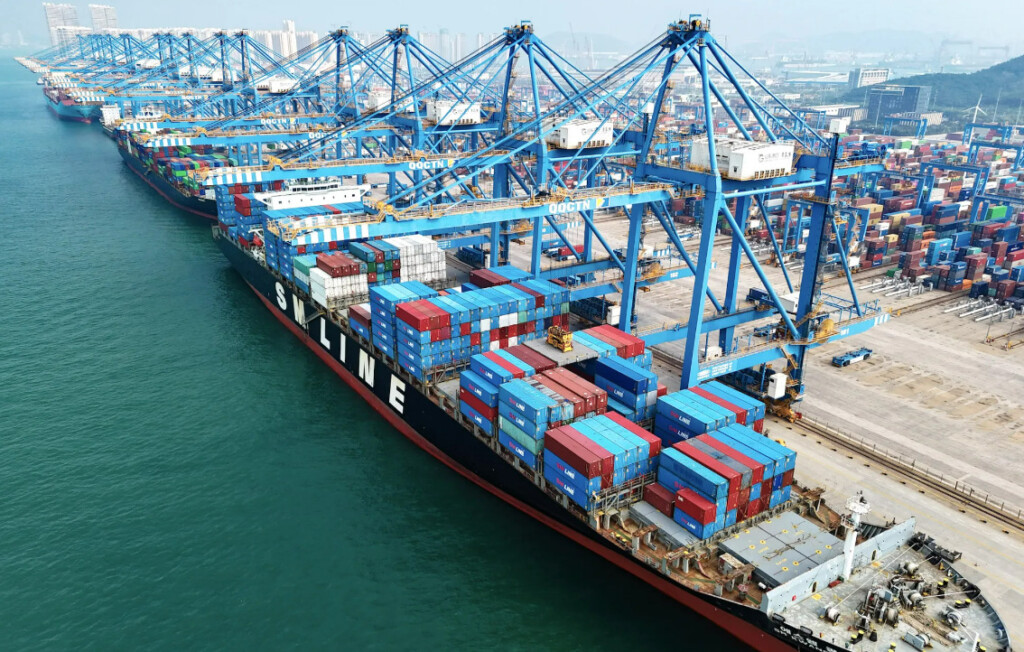
Regarding Latin America and the Caribbean (LAC), the US is advised to implement several policies. One of the policies is investment in energy security because many Latin American countries are confronting the challenge of shifting from fossil fuels to renewables. The US is encouraged to bring Latin American and Caribbean nations into the Minerals Security Partnership (MSP) to secure critical mineral supply chains. However, the US should continue to recognize fossil fuels as the dominant source of power for LAC, ensuring a strategic investment in the future.
Another specific policy would be raising awareness of detrimental Chinese business practices. Currently, nearly 60 Chinese development projects have been accused of malpractice, including environmental hazards to indigenous people and corruption. In addition, China’s assistance to the LAC has come at a greater cost in debt. To counter this issue, the US should bolster engagement between the Committee on Foreign Investment and regional countries to help LAC nations navigate negotiations with Chinese businesses. By doing this, the US avoids international accusations of shunning Chinese economic activity, while strategically aiding its neighbors.
In order for the US to successfully maintain relations with its neighbors and compete with China, the recommendations above will require political resolve from all branches of government and the private sector to strengthen US-LAC collaboration.
Increase Military’s Flexibility
In order to be prepared for conflict or intervention, the US military must prepare to engage in a variety of geography. Due to increasing tensions around Taiwan and the South China Sea, the US Army and Marine Corps have been training its troops in Hawaii and Okinawa, Japan. These locations provide a perfect landscape for US troops to strengthen their expertise in jungle warfare, which has not been meticulously revisited since the Vietnam War. For example, on the first day of Lightning Academy, Adam Elia, a historian for the 25th Infantry Division, showed images of its predecessors fighting the Japanese in Guadalcanal. Specifically, these images display the tropical climate’s slowing of troop movements and increase of disease vectors’ spread.

To instill a sense of urgency among all ranks of the US military, Washington must continue to maintain positive relations with its Southeast Asian allies, such as the Philippines and Indonesia. By maintaining positive relations, the US could effectively execute training exercises with their allied troops, especially in the scenario of a conflict that requires a unified and cohesive coalition.
Invest in Diplomatic Relations with the Global South
After the recent developments in international affairs from the Russo-Ukrainian War to a widespread food crisis, US policymakers must pay attention to the Global South’s needs. Instead of treating the Global South nations as pawns in great power politics, the US should elevate discourse and cooperation with these developing powers. By doing this, the US must seek positive and mutually beneficial ties with these nations.
If it does not invest in pursuing or strengthening diplomatic relations with the Global South, the US will soon lose its geopolitical and economic influence as BRICS countries like Russia and China will overshadow American presence. Furthermore, American diplomacy is placed at higher stakes as Russia and China seek to remind their Global South partners of the West’s imperialist tendencies. This is manifested through 16 African heads of state and 25 additional officials attending Putin’s Russia-Africa Summit, despite Moscow’s weaponization of food supplies and war crimes in Ukraine.
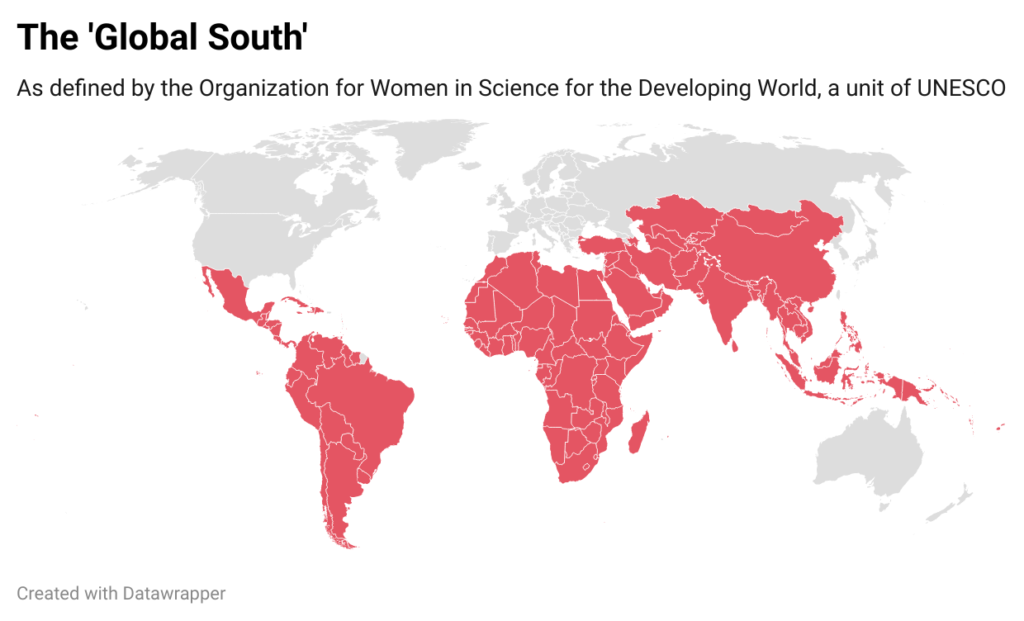
Conclusion
To summarize America’s need for flexibility in a changing global order, Fareed Zakaria’s “The Self-Doubting Power: America Shouldn’t Give Up on the World It Made” perfectly encapsulates how America should respond.
According to Fareed Zakaria, the primary challenge for America is America’s self-doubt. To counter pessimists’ belief in America’s decline, Zakaria highlights two examples to counter their claim. In 2008, the US and Eurozone economies were the same. Now, the US economy is twice as large as the eurozone. In addition, back in the 1990s, Japan dominated the automobile industry, but the US is now ahead of both European and Asian industries. Moreover, the US continues to pioneer in artificial intelligence and bioengineering, attracting $26 billion in venture capital for startups.
However, along with its successes, America also has many problems, largely generated by idealistic optimism. Following the collapse of the USSR, the US presided over a world without geopolitical competitors. During this time, the US liberated Kuwait, ended the Yugoslav Wars, established temporary peace between Israel and Palestine, and bailed out many countries in the 1990s due to bubbling financial crises.
Today, the US confronts numerous growing powers that often defy the American-led world order, such as Russia and China. In particular, an indication of America’s reduced leverage would be security guarantees to allied nations. For example, even though the US provided security for Saudi Arabia after Iraq’s invasion of Kuwait, Saudi Arabia is growing less detached from Washington and friendlier with Beijing.
When concluding that America’s problem is itself in his recent Foreign Affairs article, Zakaria argues that if the American people and policymakers continue to dwell on weaknesses, the global order will be placed at risk. Specifically, the event of American detachment would further destabilize the current geopolitical and economic dynamics. In the end, Zakaria is advocating for America to not lose faith in its power but to rather adapt and remain flexible in a rapidly altering global arena as Niccolo Machiavelli once advised:
“One must be a fox to recognize traps and a lion to frighten wolves.”
